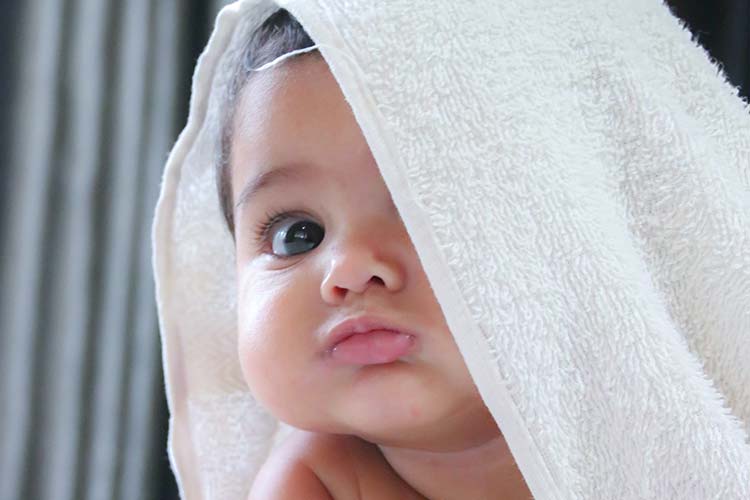Sleep is essential. No matter the age, we all need sleep. However, a sleep remedy for one age group does not mean it will work for everyone. After all, sleep is not a one size fits all topic. For example, melatonin is a great solution for teenagers, adolescents, and adults, it is not the right fit for babies or children. Why you ask? I have listed information below on melatonin and why it doesn’t work on babies or children.
Although melatonin has been around for a while, there are minimal studies done on melatonin use in children, and therefore the research on its effects are not there. For one, use of melatonin from a young age can affect a child’s growth and development, specifically during puberty. Additionally, studies show that melatonin can cause sleepiness and drowsiness in the morning, which can negatively impact the child’s day. Melatonin use in children can cause increased urination at night. Finally, melatonin can lower the efficacy of other vitamins and medicines your child might be taking.
After all, good sleep habits are the best sleep medicine. Having a set routine, for example a nightly bath and bedtime reading can be extremely helpful. It is normal to struggle with creating an optimal sleep schedule for your child, but melatonin should not be the answer. Aside from the negative health effects that stem from melatonin use in children, consistent use of melatonin becomes a sleep prop for your child. A sleep prop is something your child associates with sleep, and over time begins to rely on in order to fall asleep. So, moms and dads, if you are struggling with getting your child to sleep consistently, there are many safer, healthier, and more effective solutions than melatonin.
